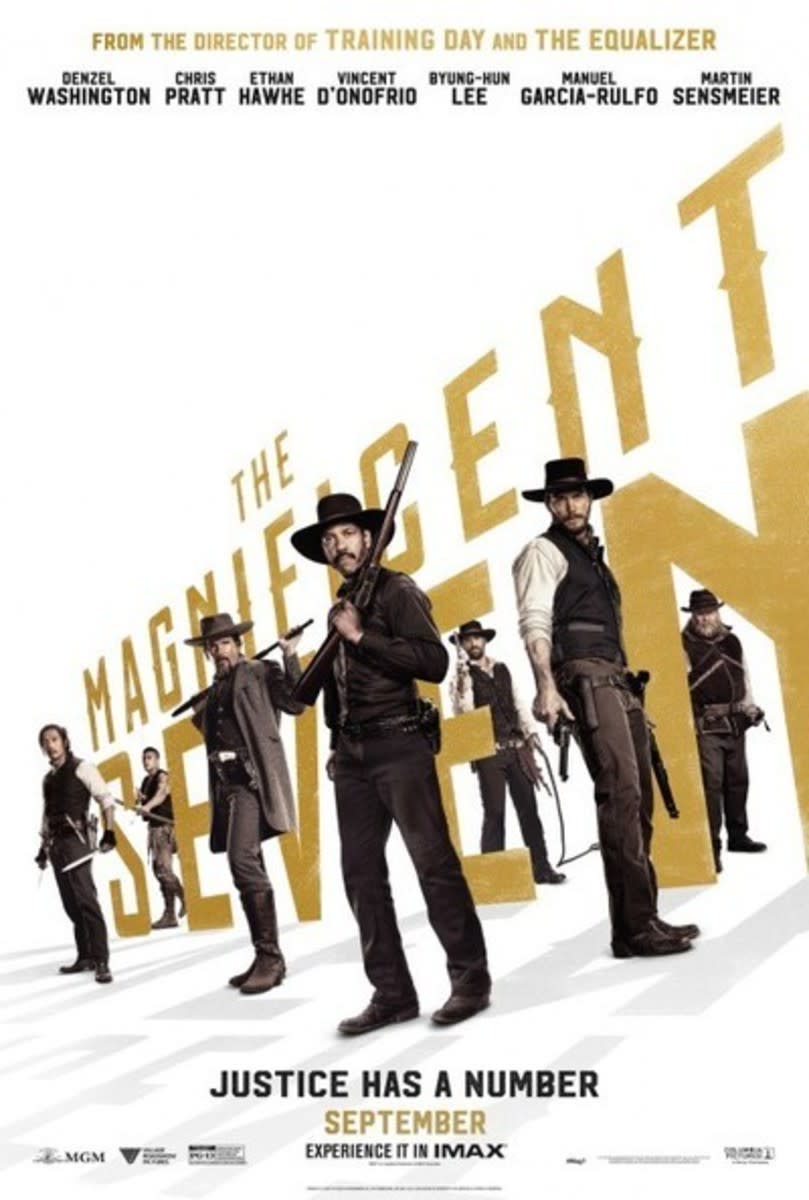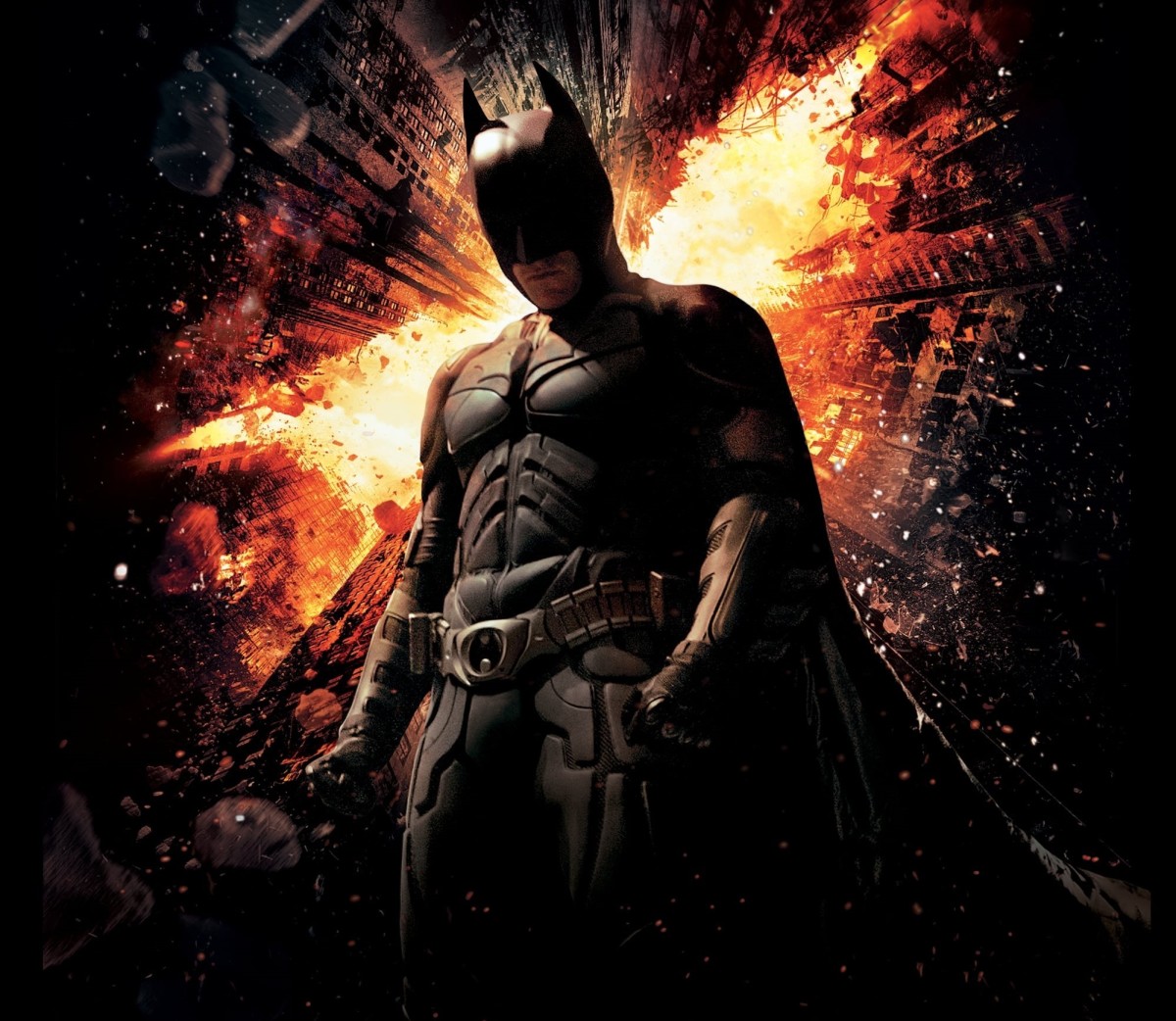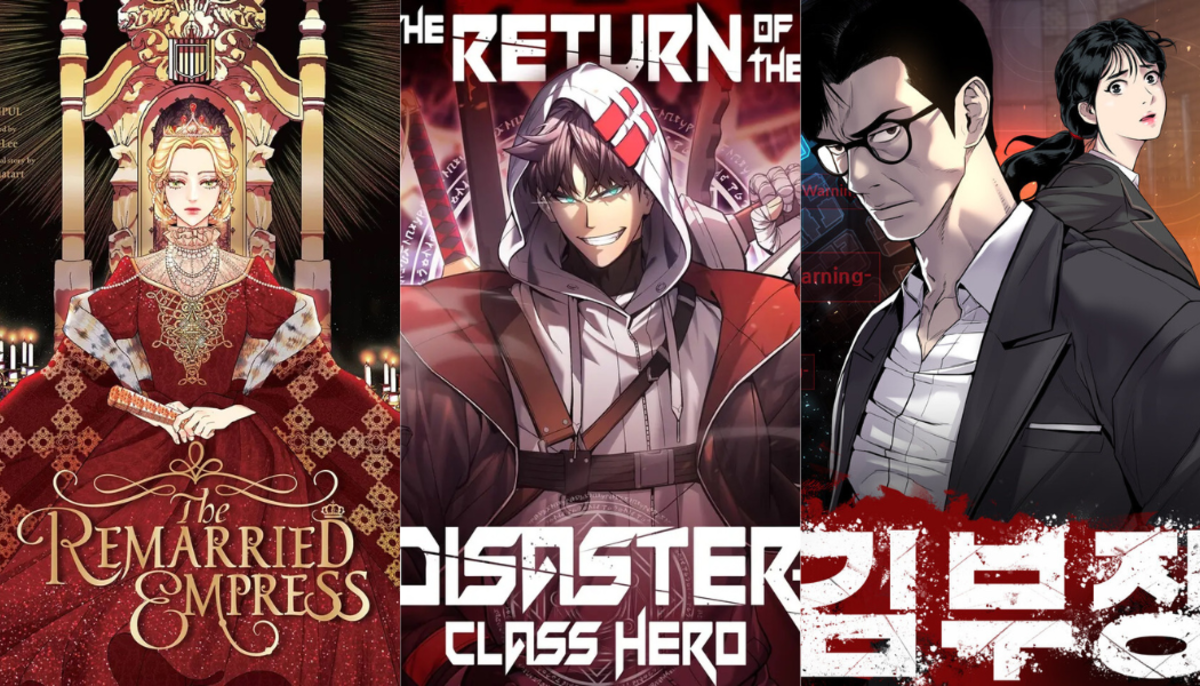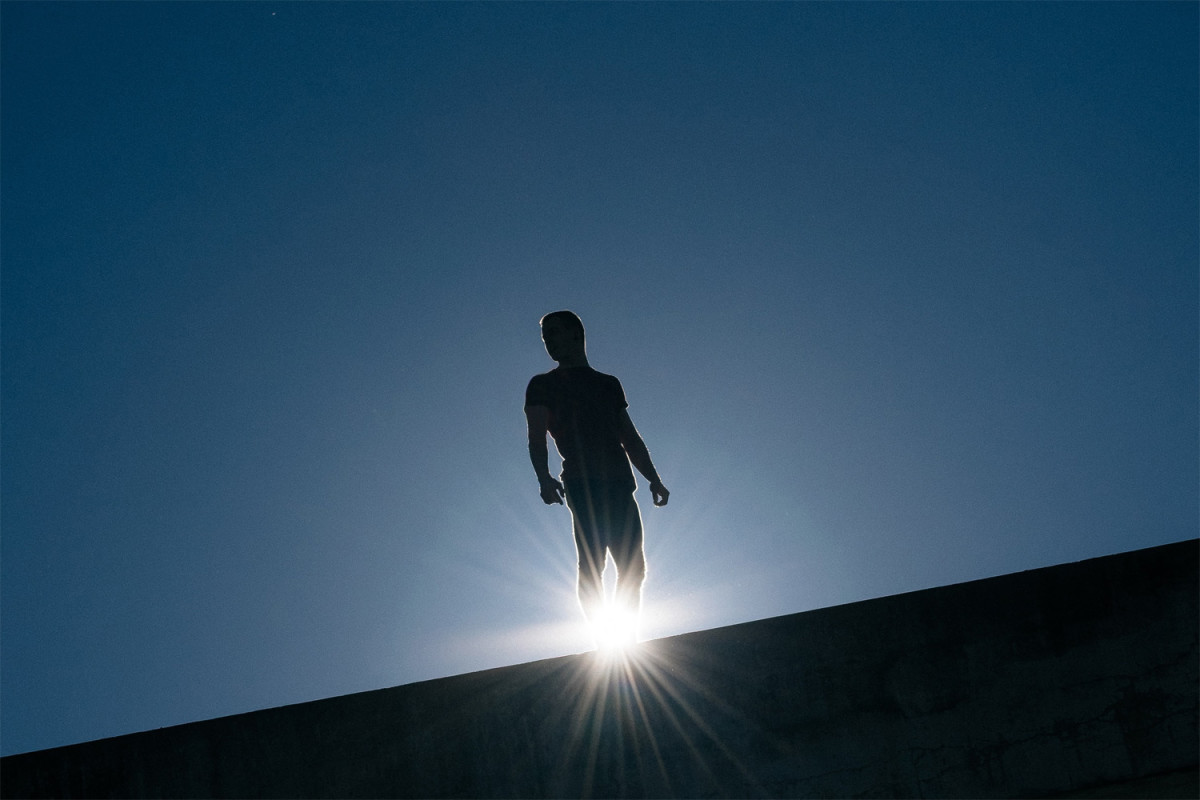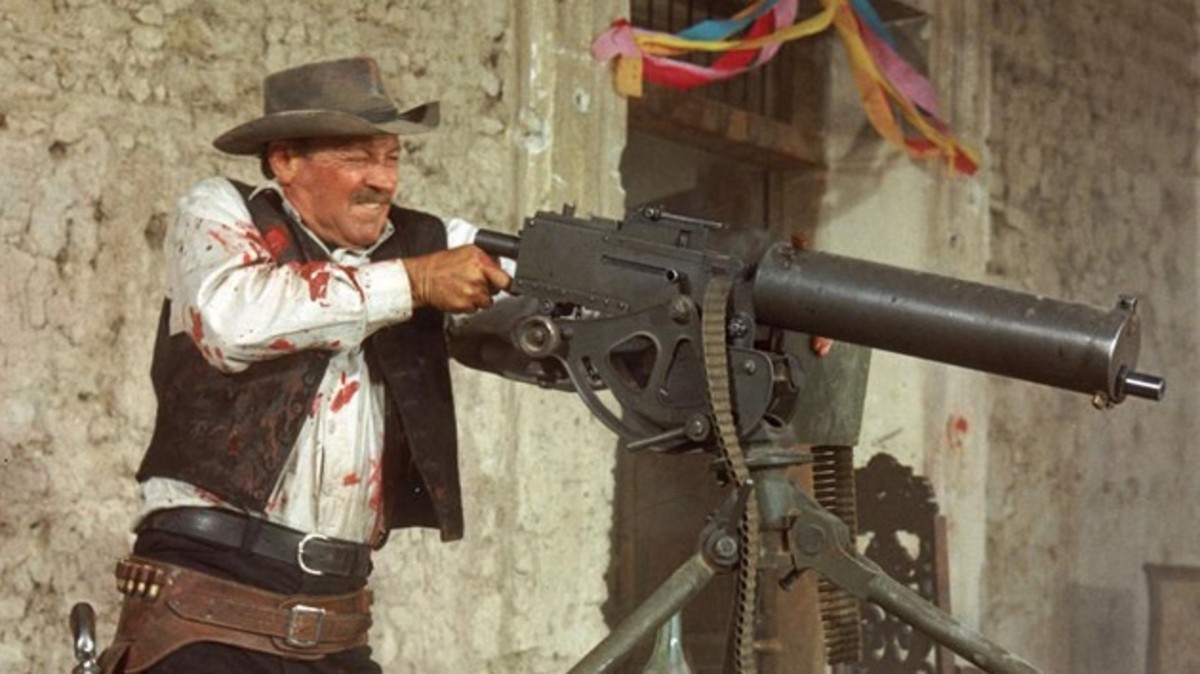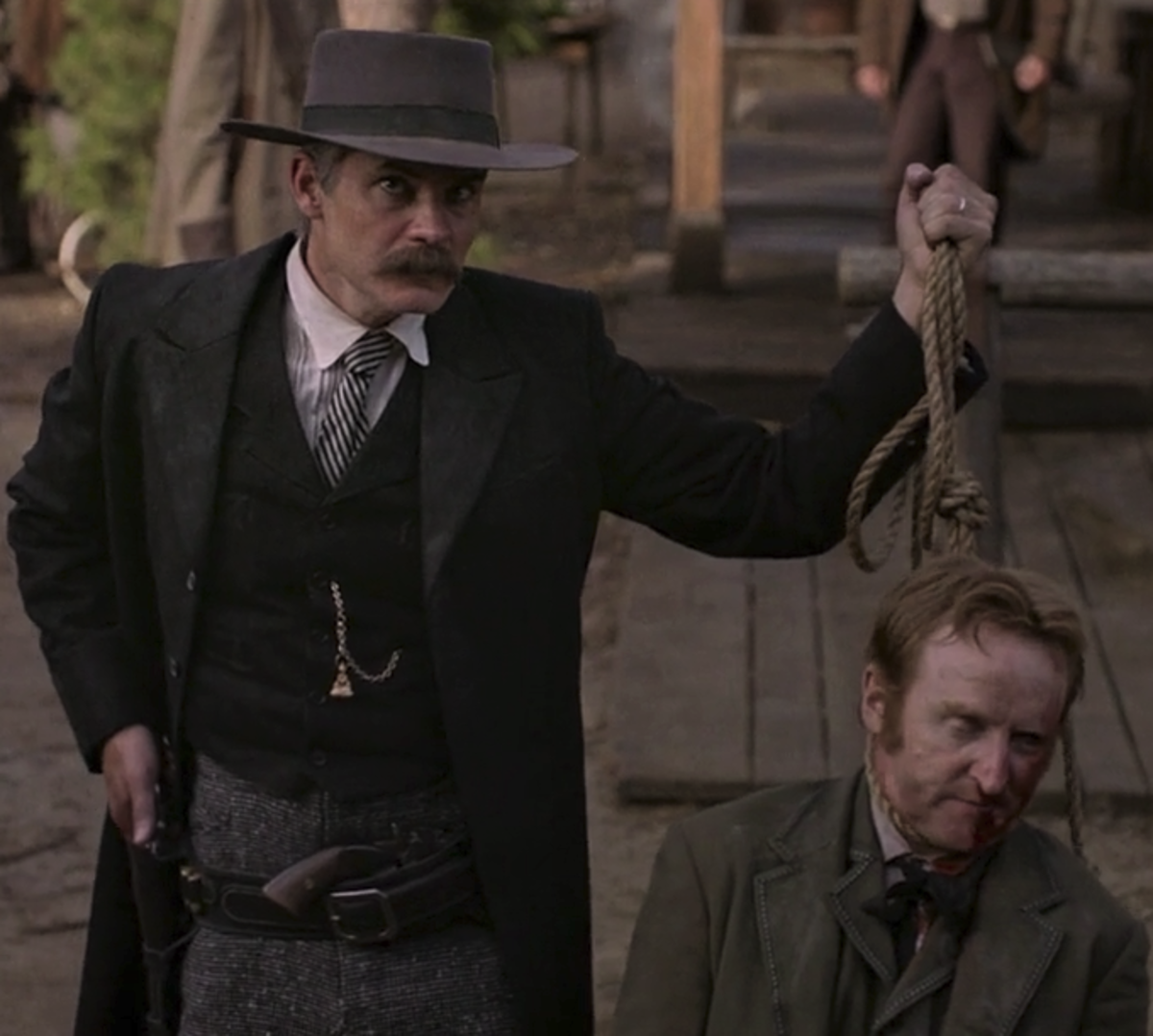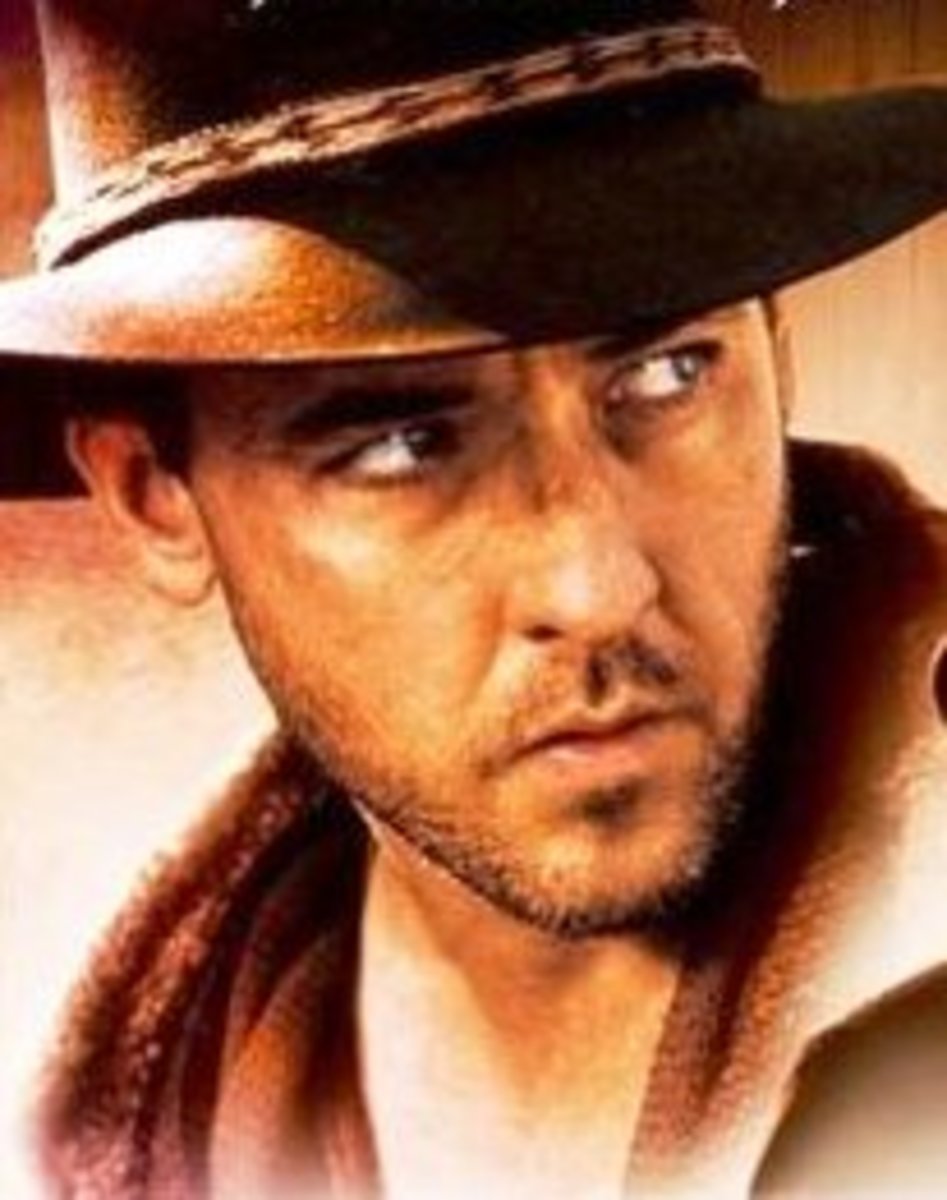The Anti-hero in 3:10 to Yuma and Unforgiven: Even Bad Men Can Love
“There was nothing on the [grave] marker to explain to Mrs. Feathers why her only daughter had married a known thief and murderer, a man of notoriously vicious and intemperate disposition,” says the title card at the end of the movie Unforgiven. Perhaps the answer can be found in 3:10 to Yuma, as Ben Wade tells a man he is about to kill, “Even bad men love their mama’s.”
In addition to the expected action, adventure, and gunslinging, both of these flicks show a deeper consideration of what it means to be good and bad, hero or villain. Although the landscape and the traditional themes of Western film and literature remain constant, the characters that have been radically redrawn with a dimension that could be viewed as atypical of the genre, or maybe simply possessing more human complexity than we have come to expect from the standard Western.
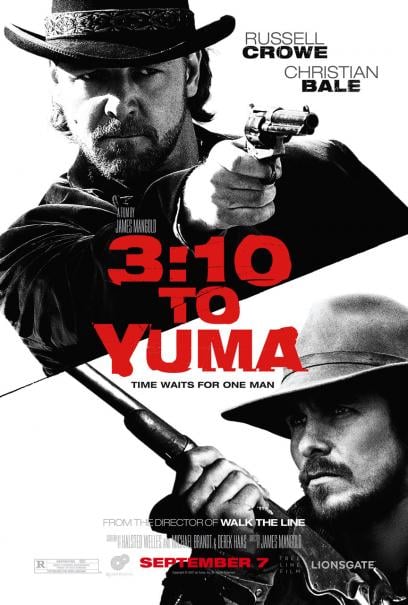
In Unforgiven, Beauchamp, the writer, illuminates the notion of sensationalism in the heroes and villains of the West. In his writings, he has glorified great gunfights and showdowns, yet in interviewing some of the men involved in these fights, he learns that many of these times the winner walked away after shooting their opponent unarmed, or in the back.
These outlaw heroes often do not operate with the sense of honor that we would see in the sensationalized accounts. In reality the famous gunfights were often more of a test of luck than skill. William Munnie, (played by Clint Eastwood) the “known thief and murderer,” was both a champion of the oppressed and a killer of women and children.
As an outlaw he must face his own demons as a killer, which he drowns away through drinking. The men he kills are not all bad, in fact he tells one of them that “deserve’s got nothing to do with it.” Munnie is a bad man, a villain, but also a hero as he defends the forgotten, the prostitutes, and takes vengance for the killing and subsequent dishonor to the body of his good friend Ned Logan (Morgan Freeman).
As heroes, Munnie and his gang are all crippled in some fashion, whether by sight, by skin color, or by ability to shoot and ride a horse. They are a far cry from the image of the typical Western cowboy or outlaw, fit and able-bodied, the peak of physical prowess and adept with a gun. This parallels the character of Dan Evans (Christian Bale) in 3:10 to Yuma, who attempts to prove his heroism and manhood inherent in that ideal despite the fact that he has lost a leg.
Evans at the start of the film may be placed in the hero’s role, but it is clear that he is a broken man. He is struggling in his inability to provide for his family, to gain the respect of his teenage son, to overcome within himself the lie that he has told that he has lost his leg in battle, as a hero, when in reality it was an accident. Evans at the outset may be placed in the hero’s role, yet he is a far cry from the John Wayne type that we have come to expect for this sort of role. In that he is an unlikely anti-hero, who must go to great lengths to prove himself throughout the course of the film.
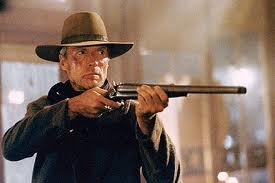
If Evans of 3:10 to Yuma is an anti-hero, then Ben Wade, (played by Russell Crowe), the antagonist, is rather an anti-villain. Likeable and charismatic, he quotes scripture, expresses a sort of humanity that one would not expect from a villain, hence the quote that “even bad men love their mamas.” Wade even helps Evans and his son on numerous occasions, rather than take the opportunity to escape.
While the movie focuses on the journey undertaken by Evans to put Wade on the 3:10 train to Yuma prison, it becomes clear through the course of the film that Wade is perhaps no more deserving of being condemned to death than many of the other characters who are supposedly on the right side of the law, yet who have also committed such immoral acts as murder of women and children.
Here again, the sentiment that “deserve has nothing to do with it” from Unforgiven is echoed. There is no good death, no deserving death, yet by the end all are killers. Who then is to say who is right and who is wrong in their killing, simply that the events are unfolding as they must in this human drama of life and death.



